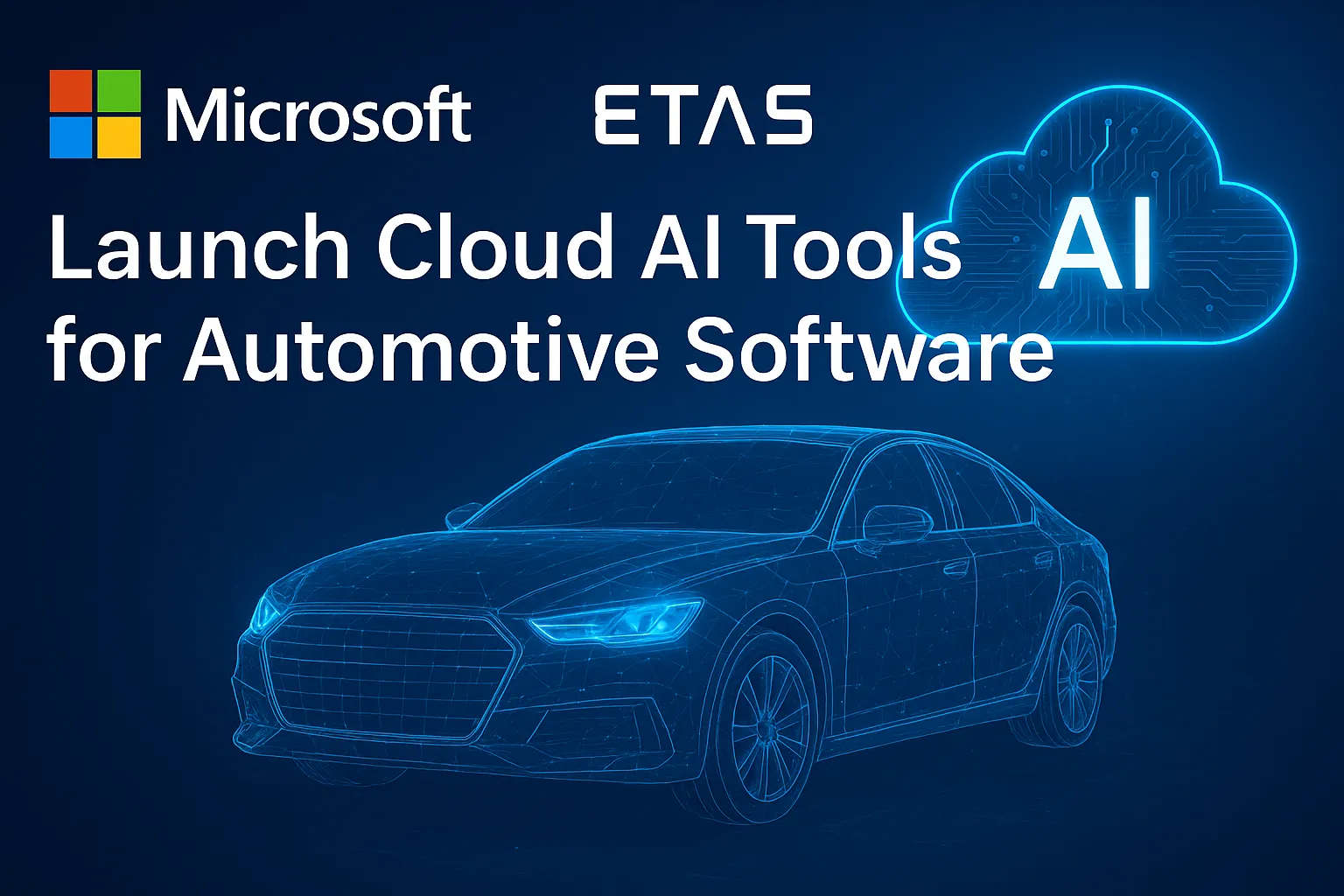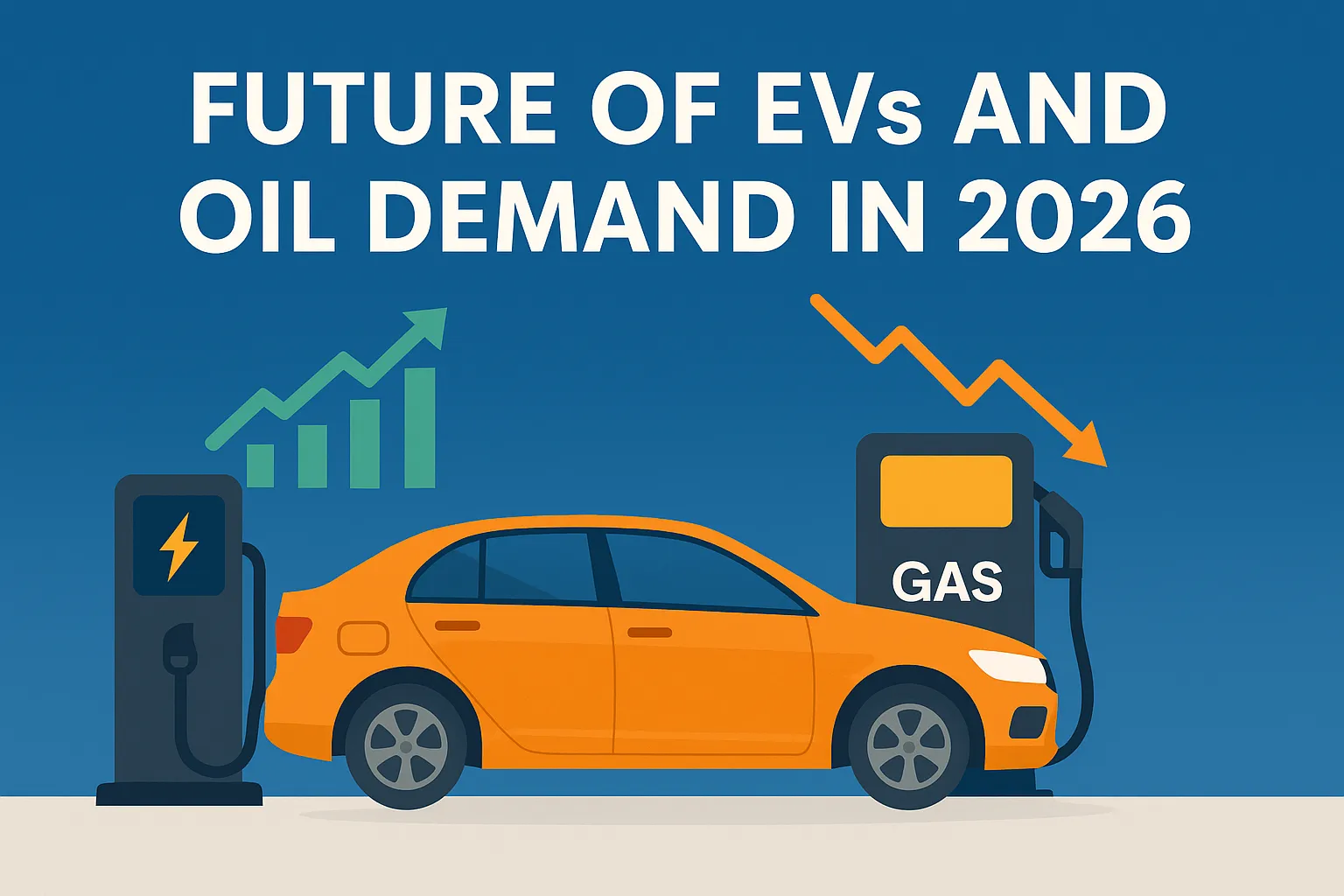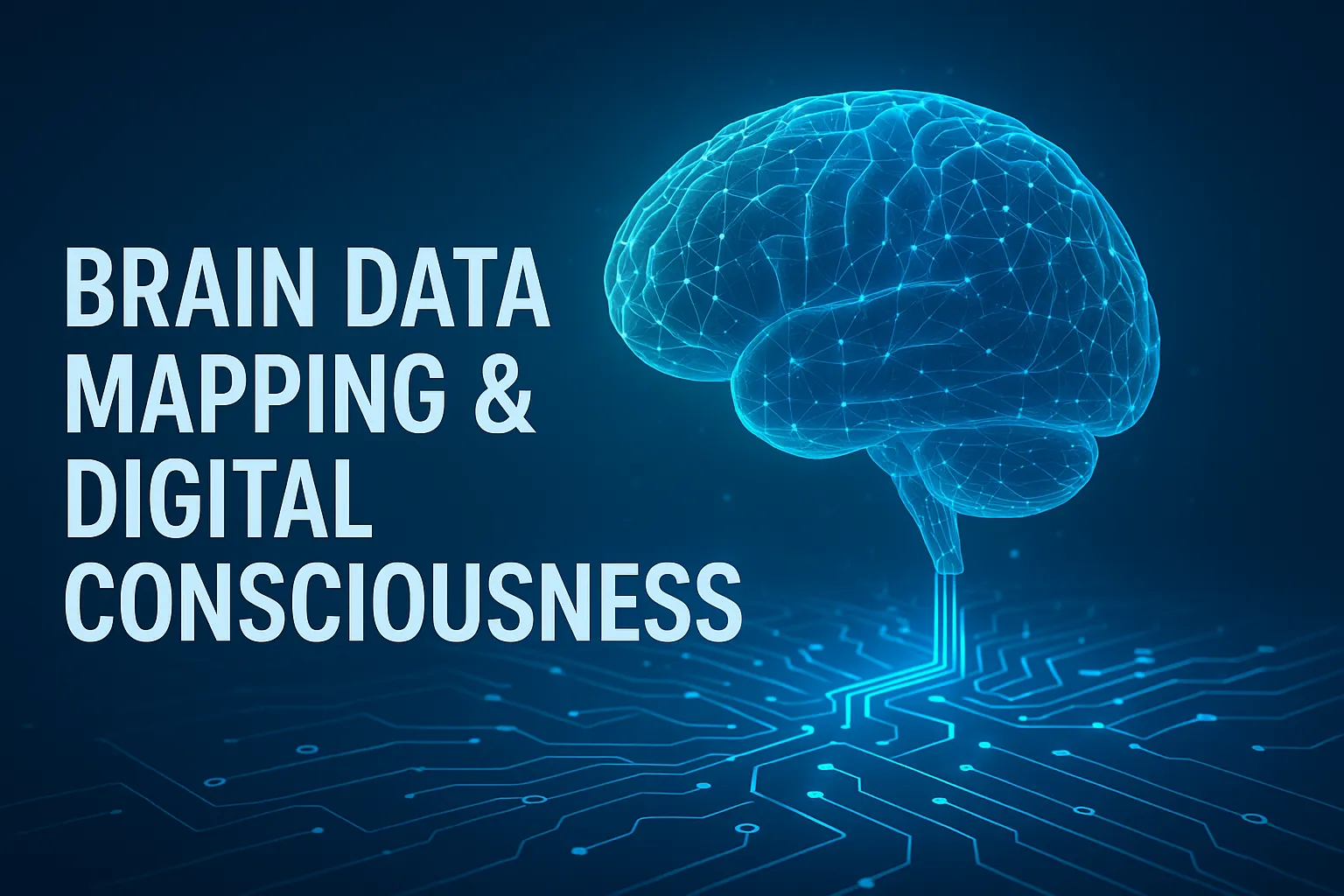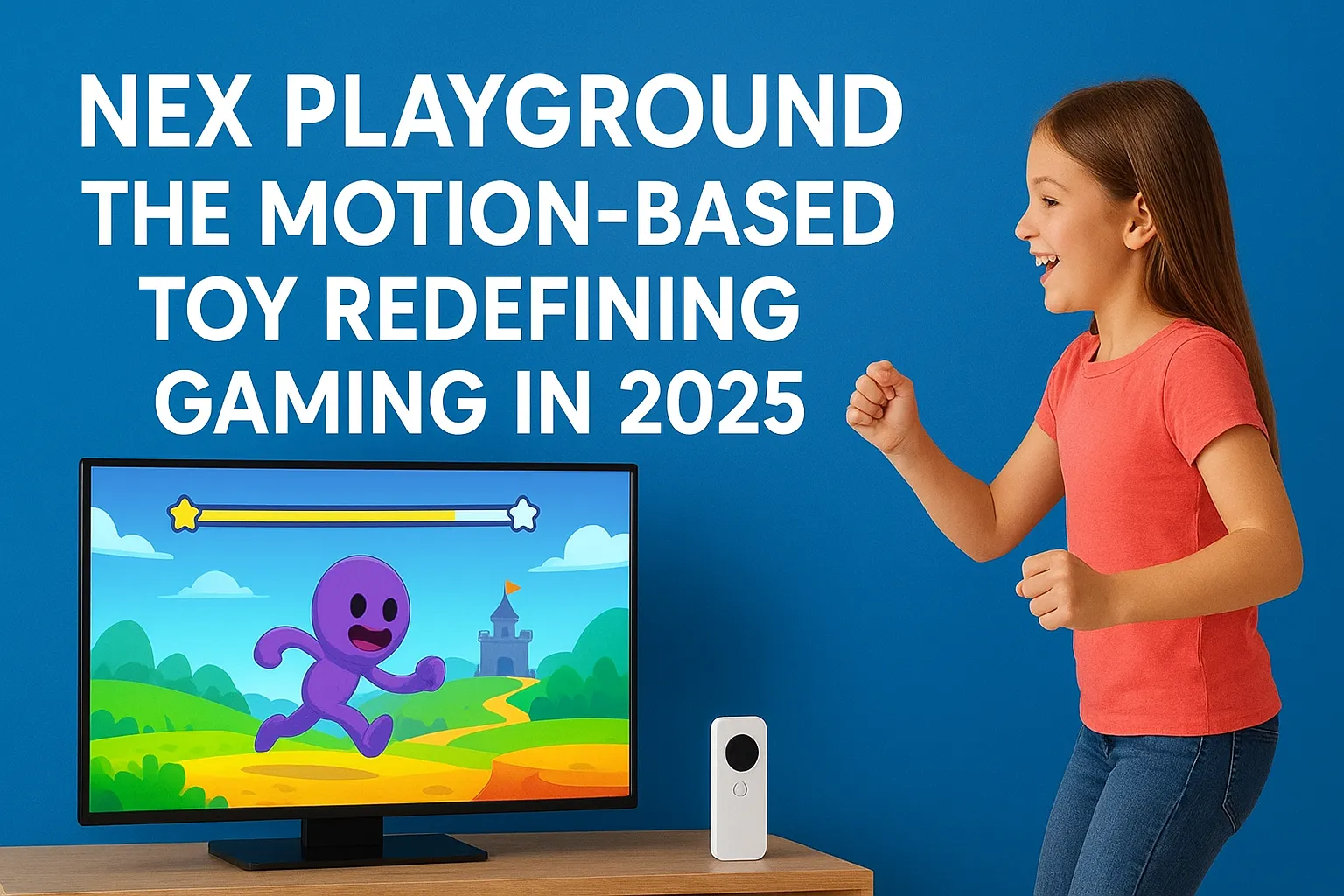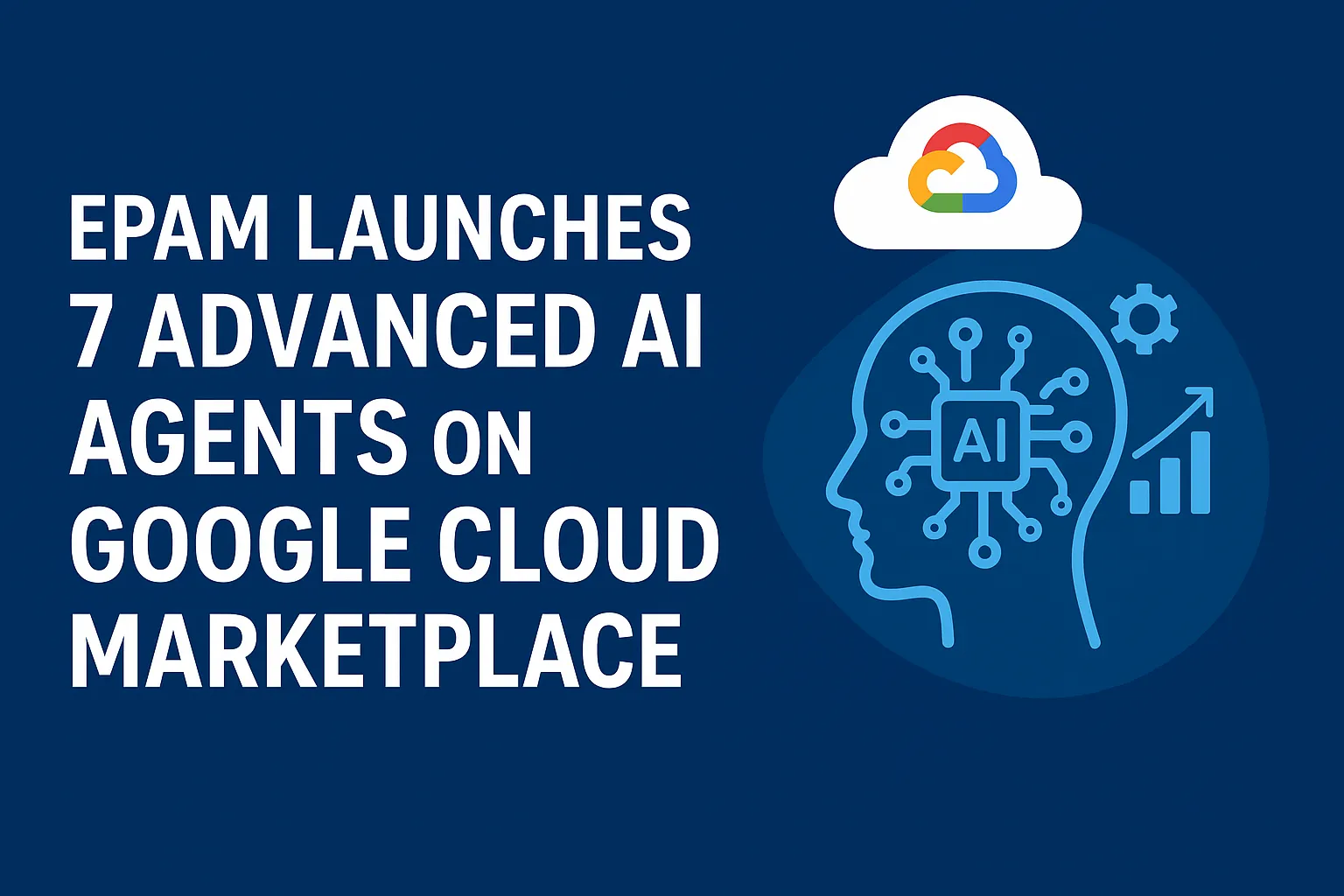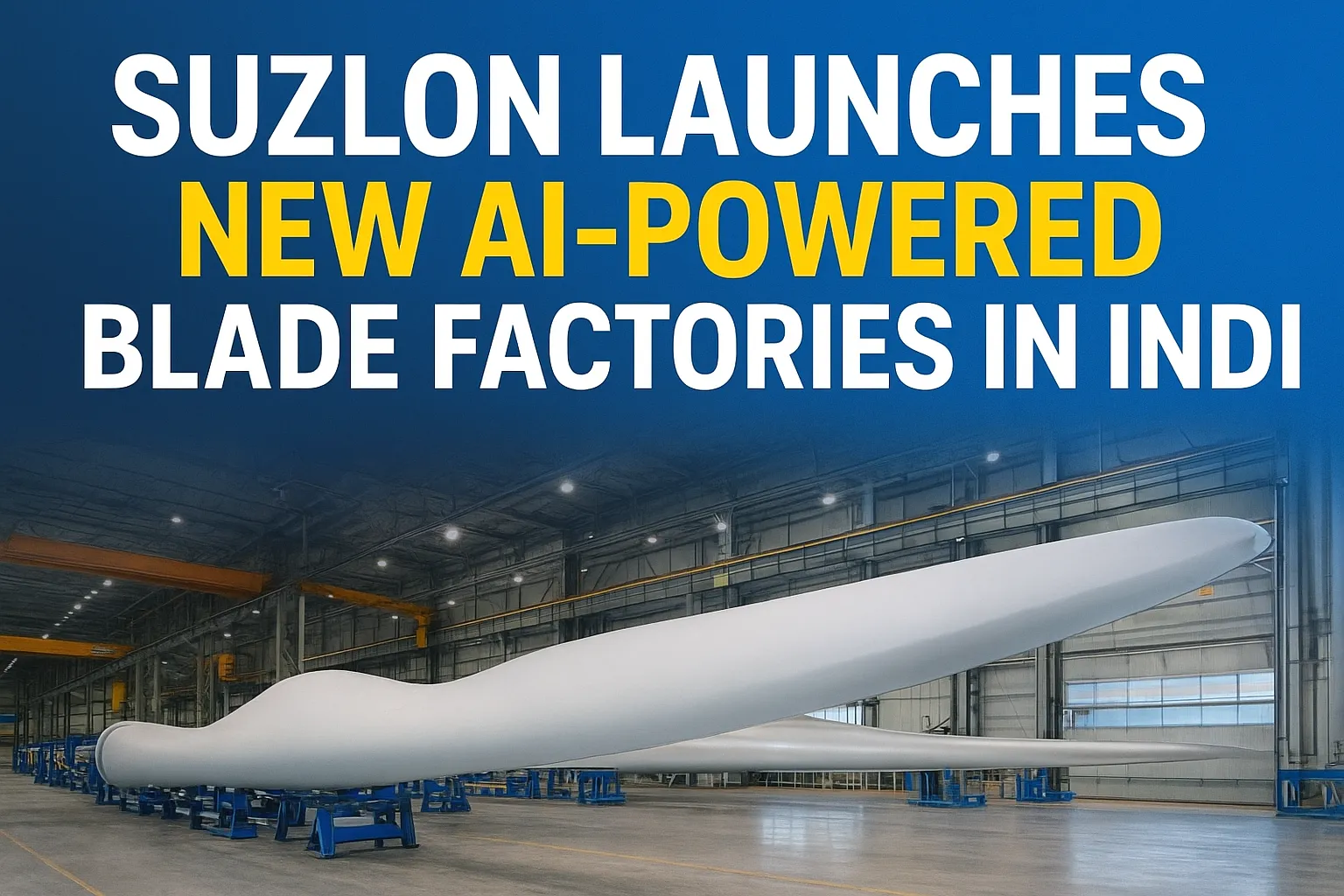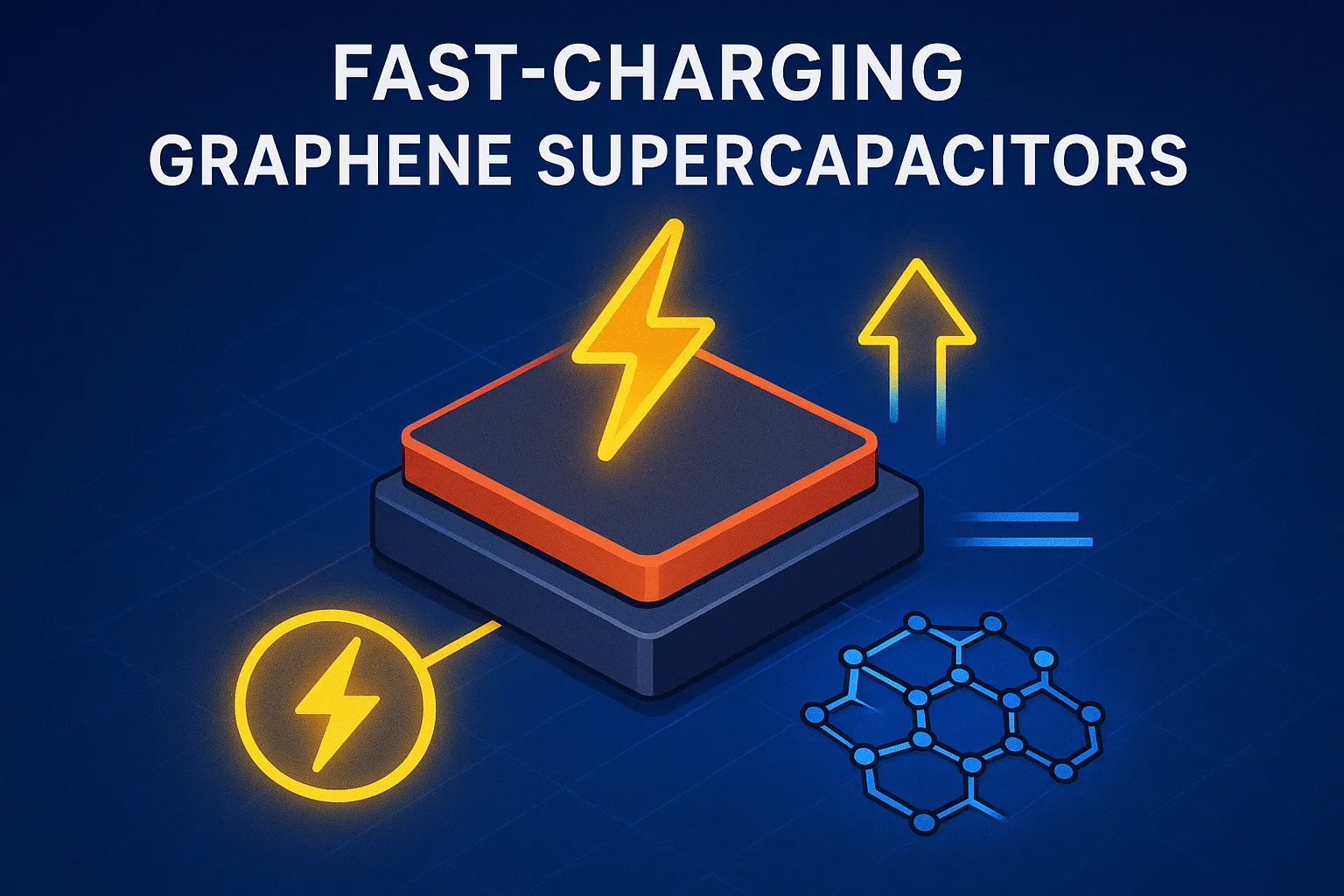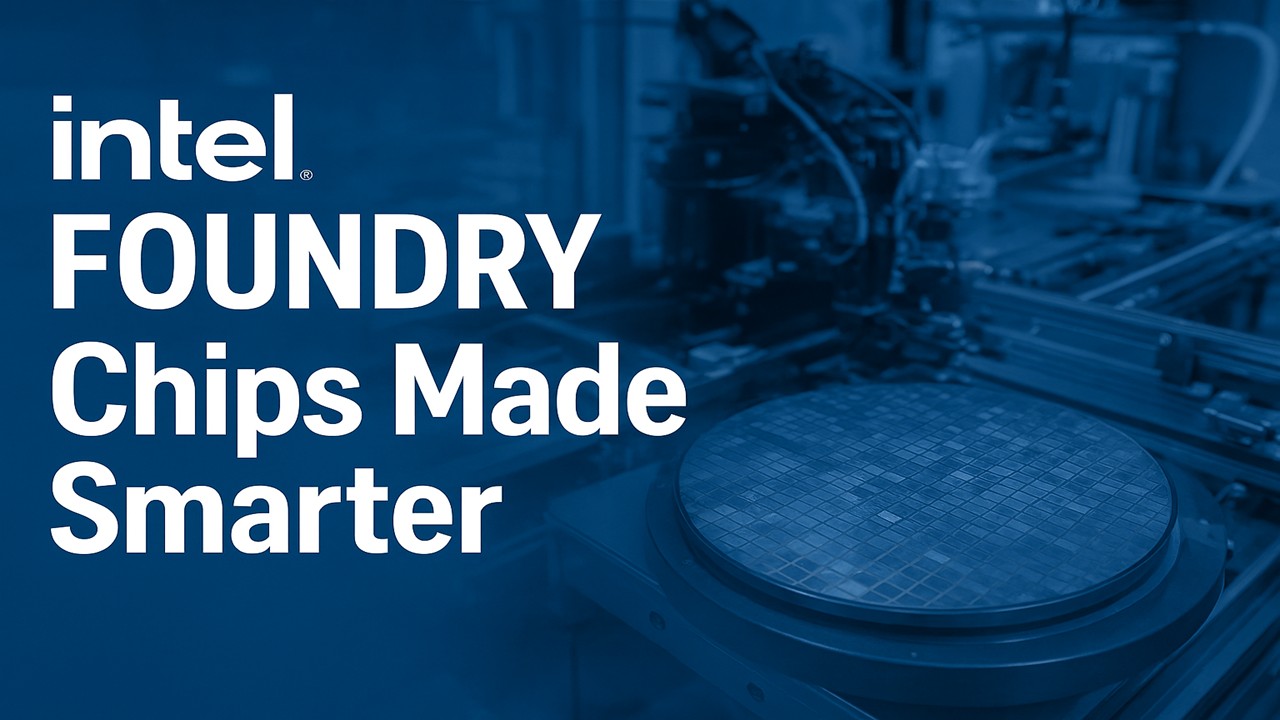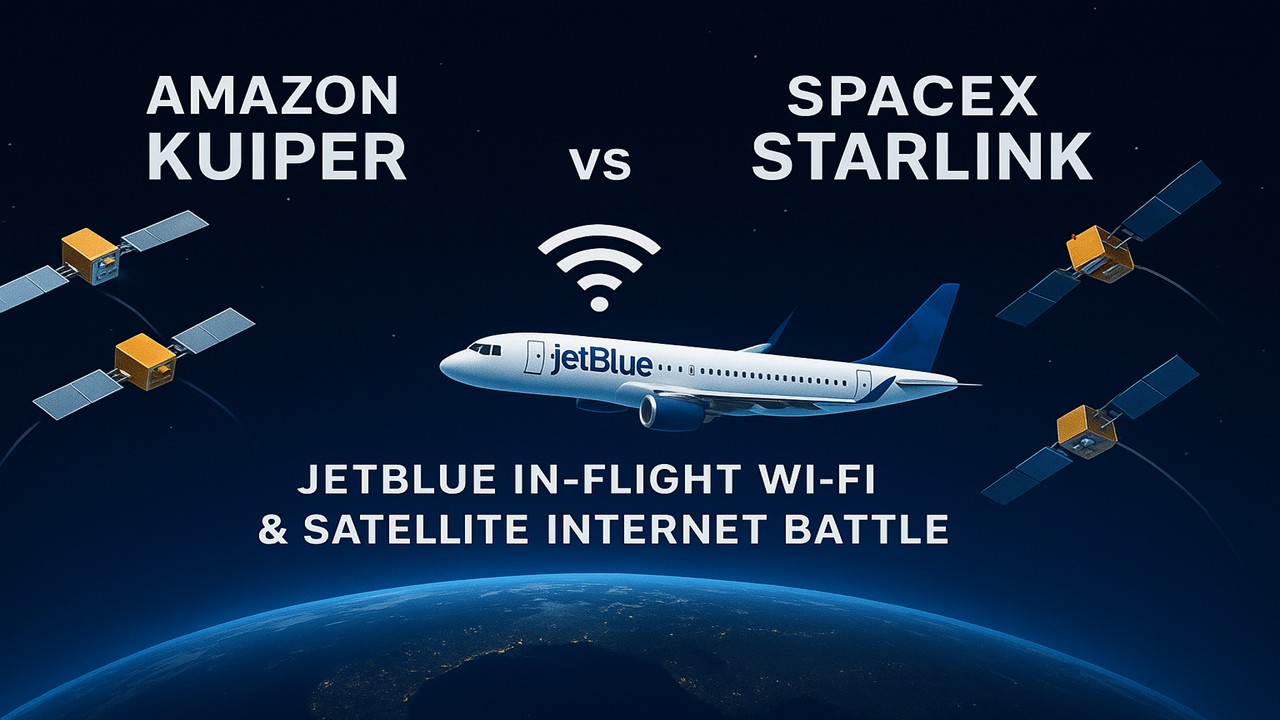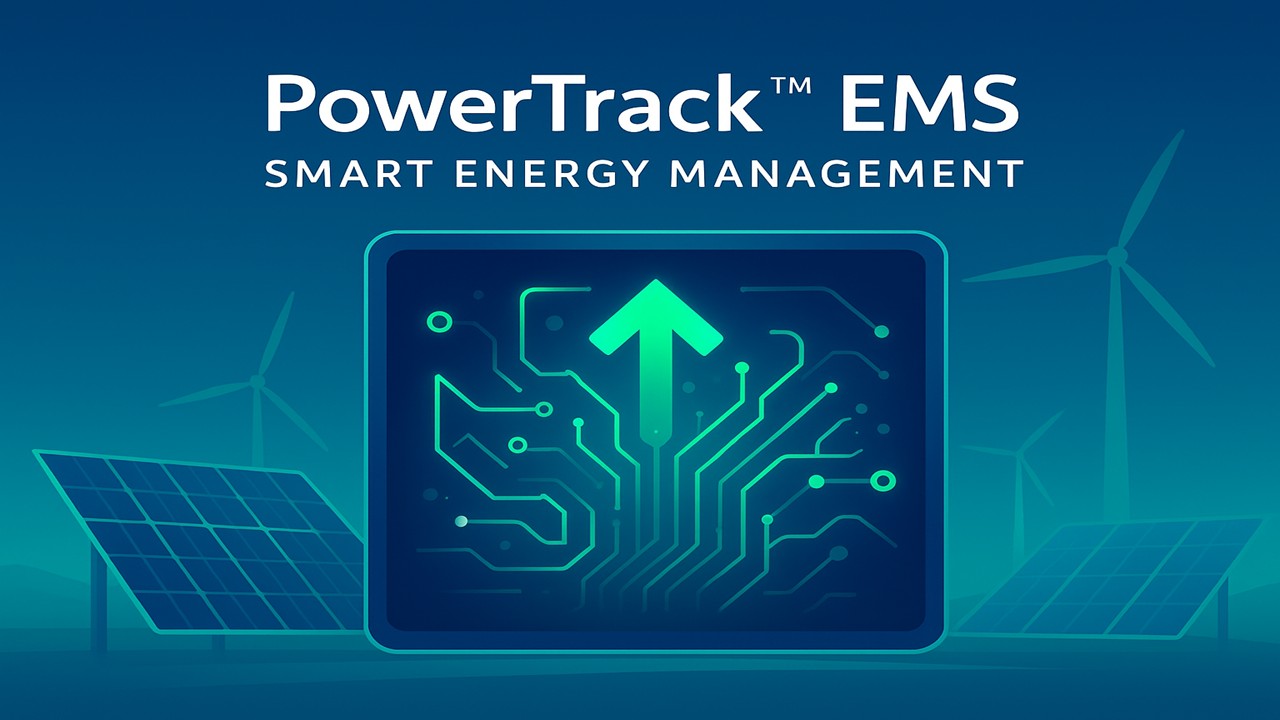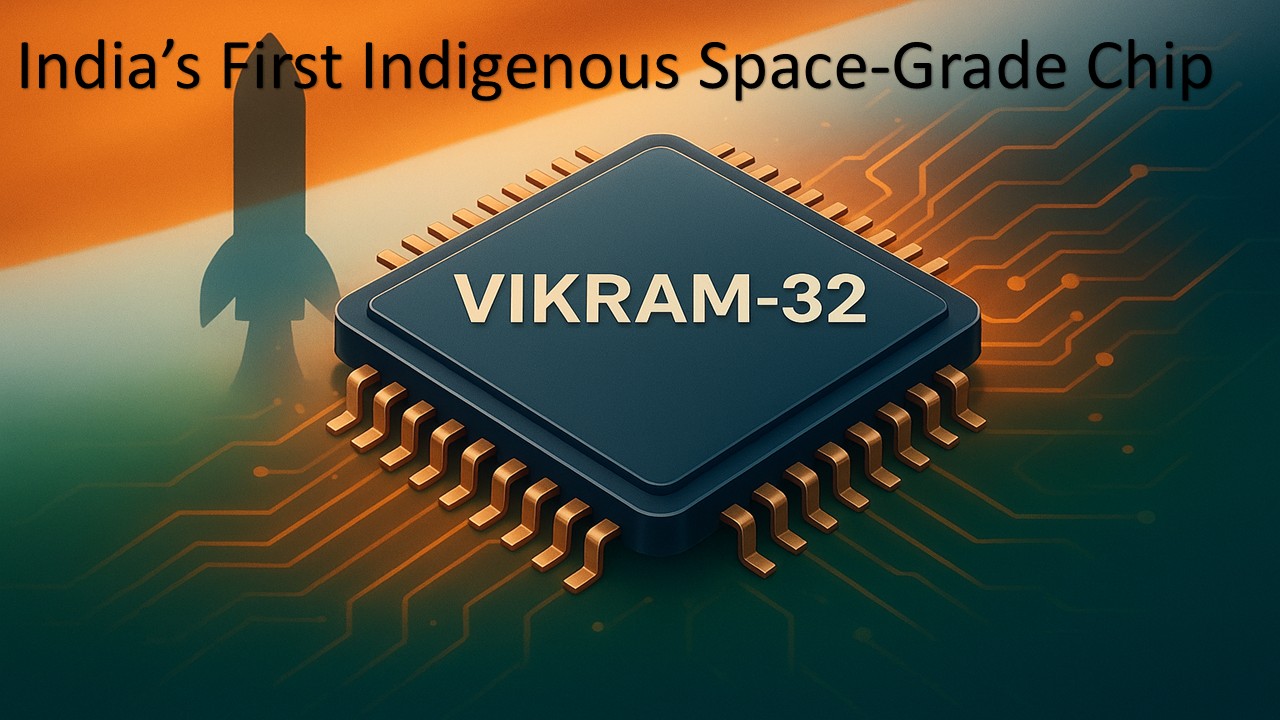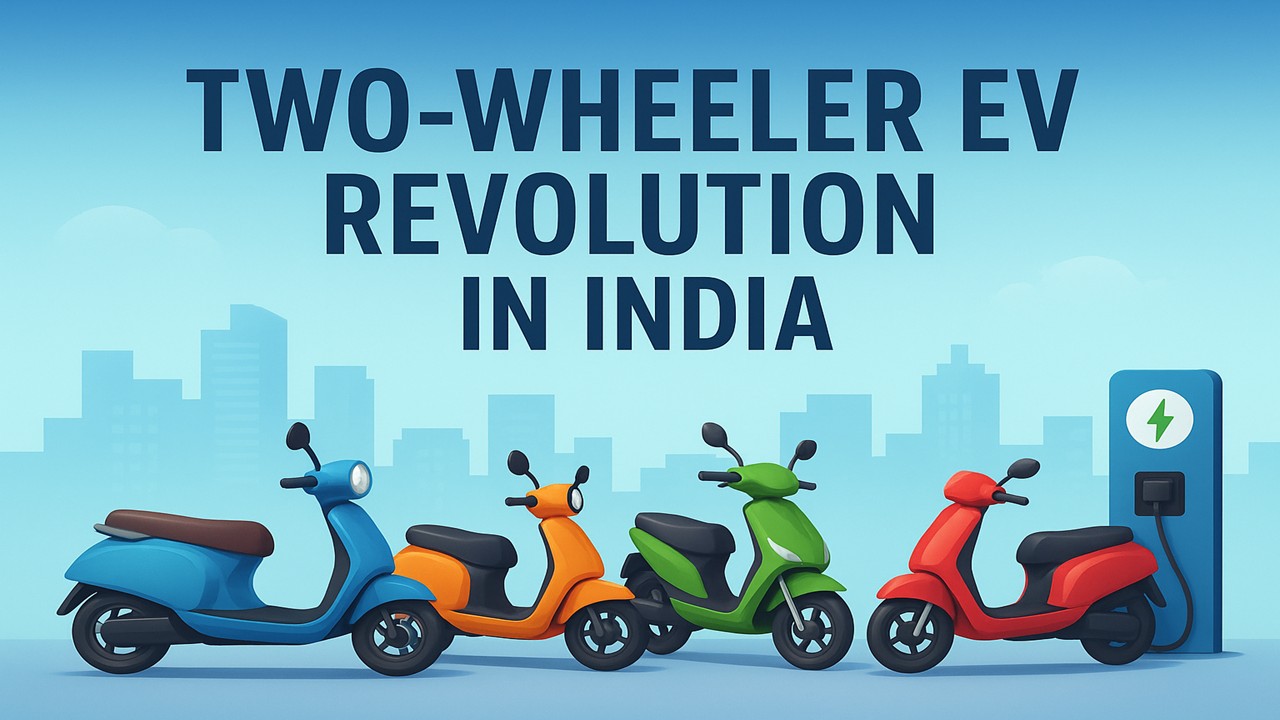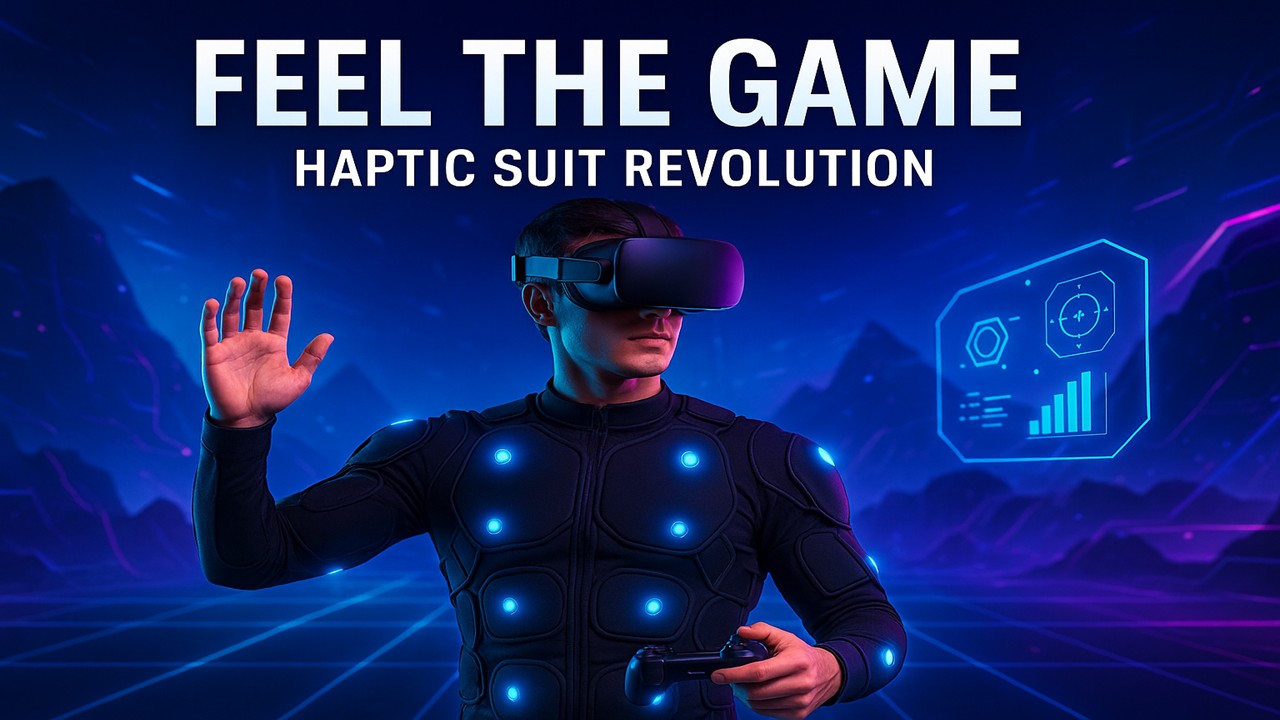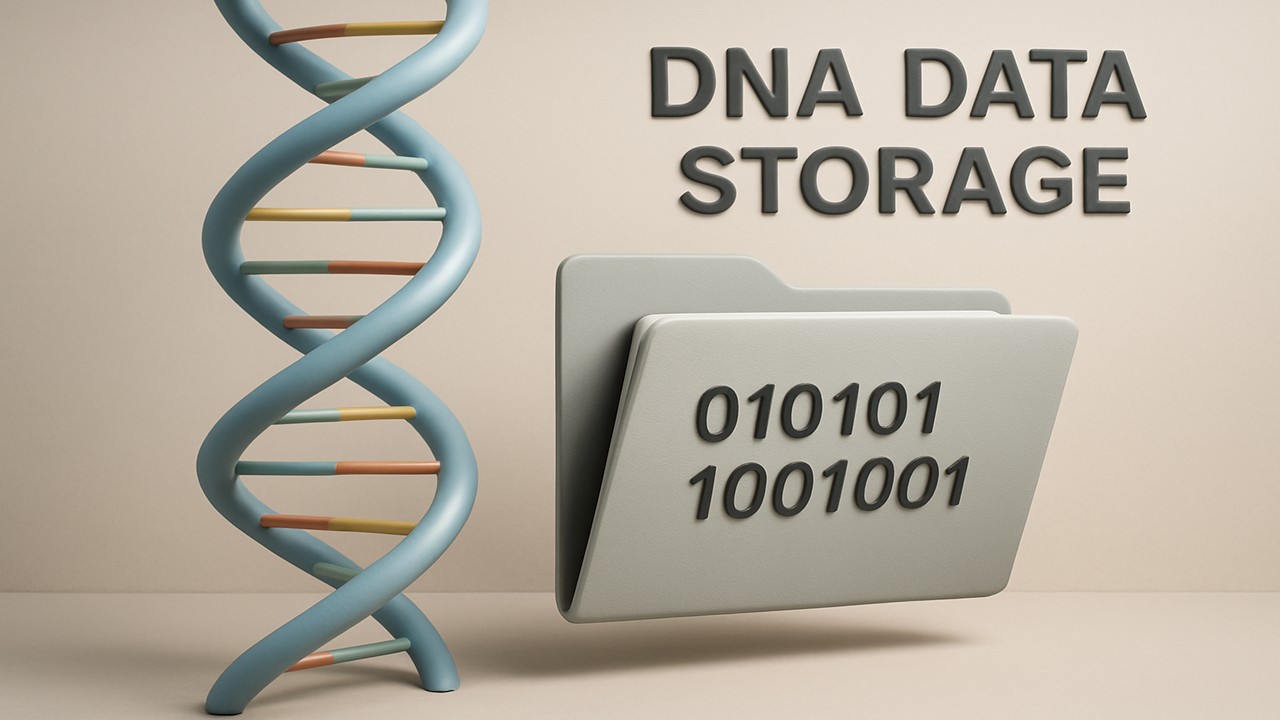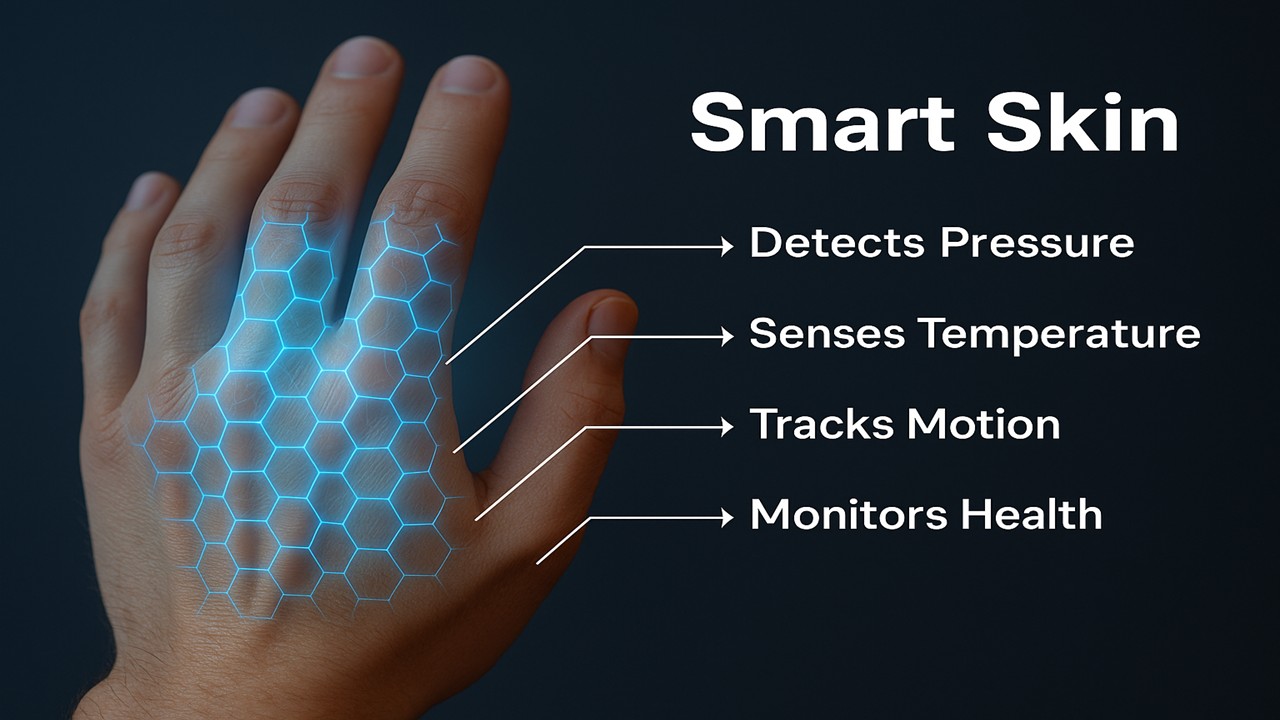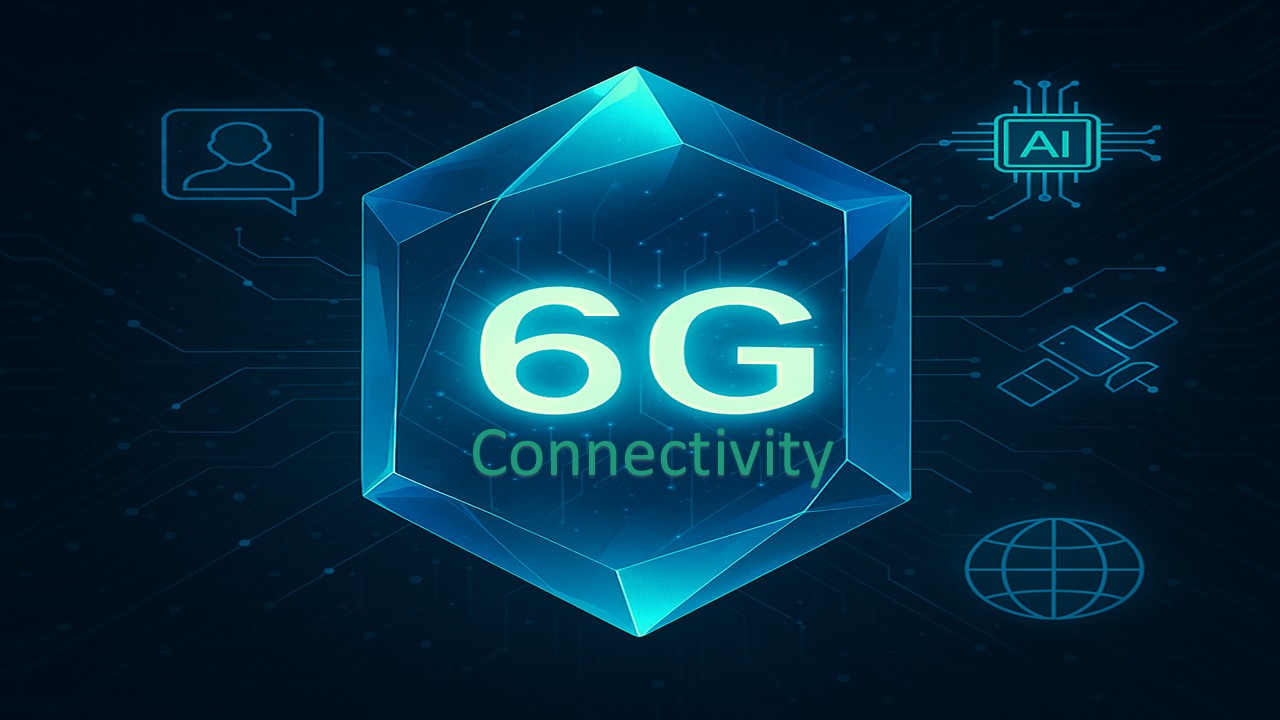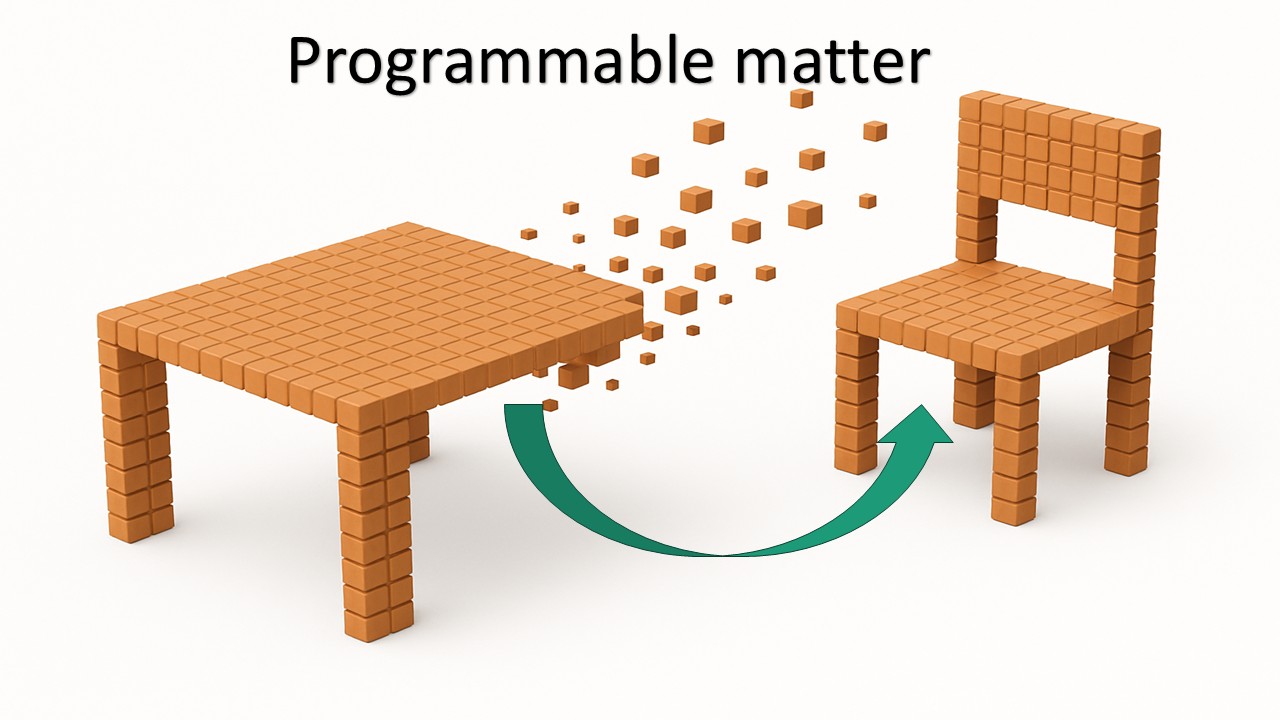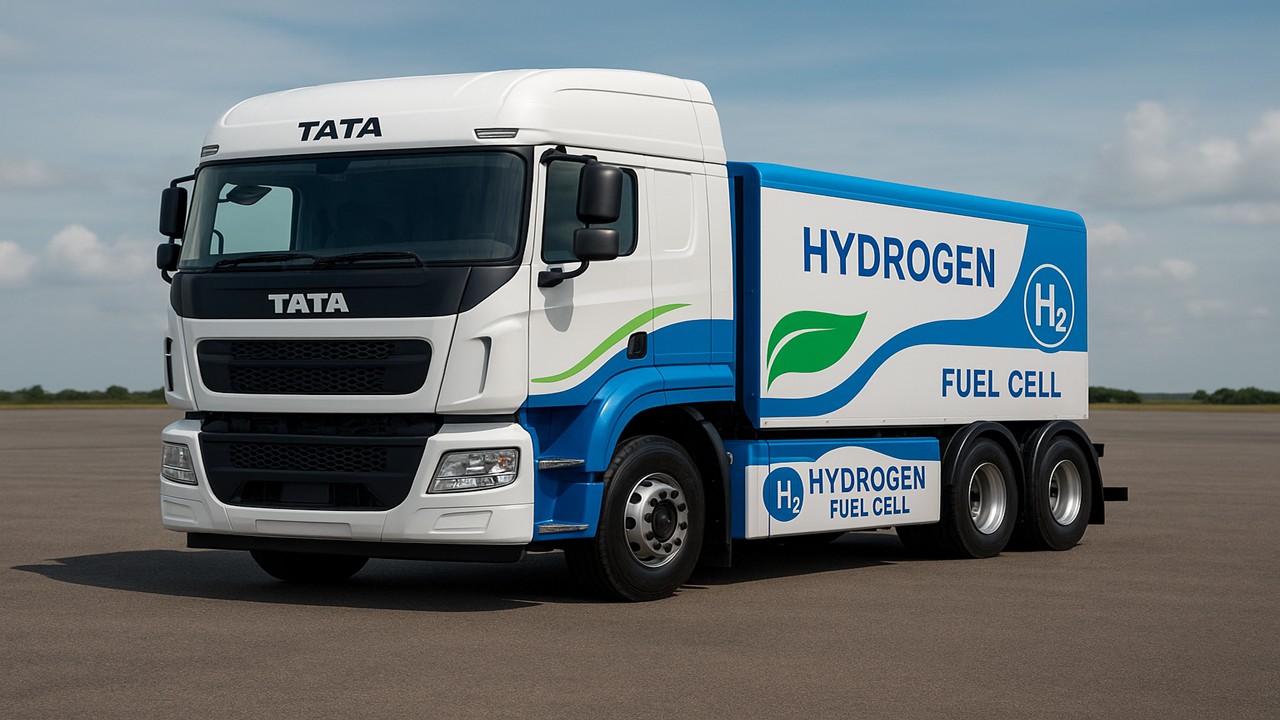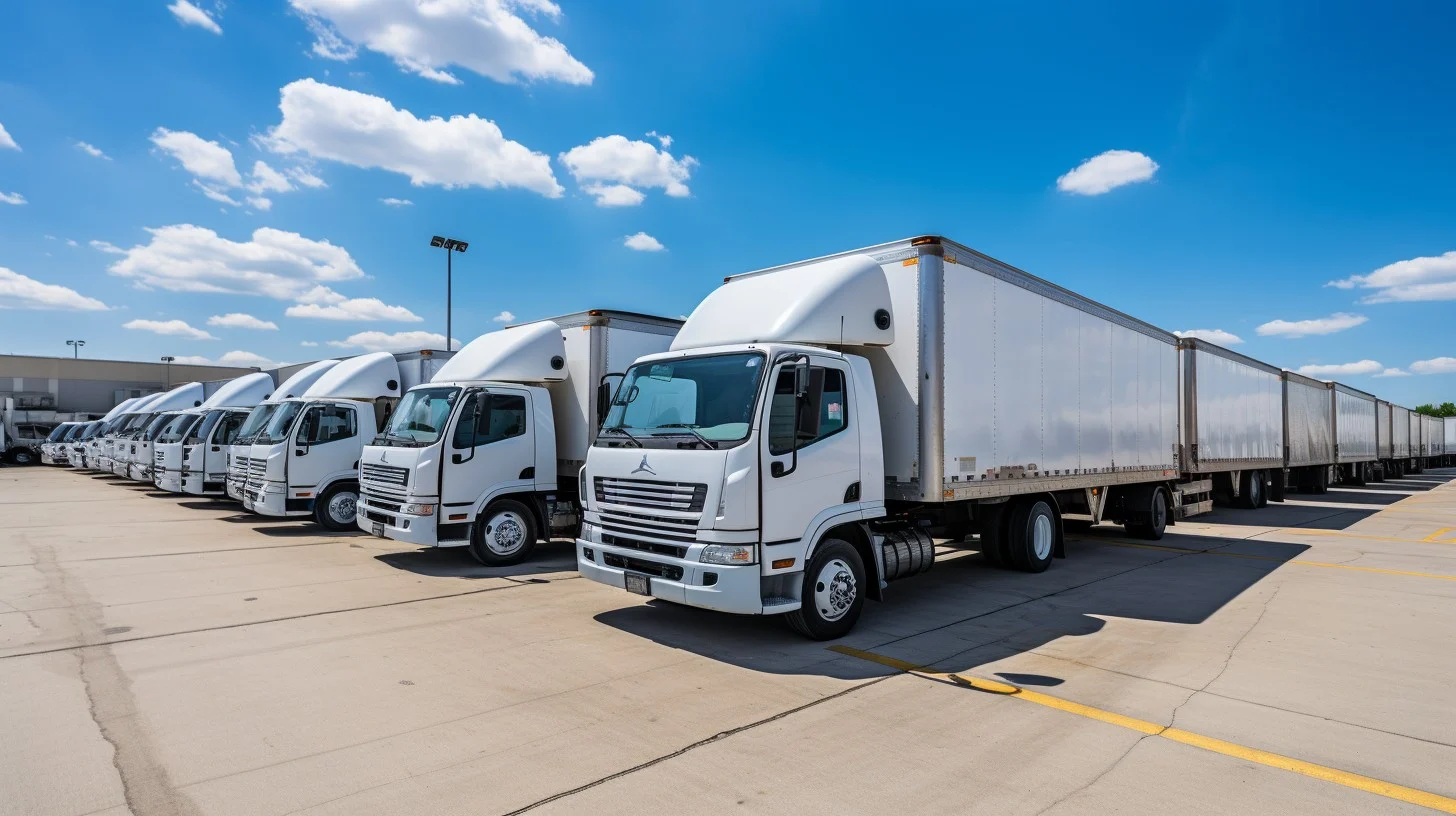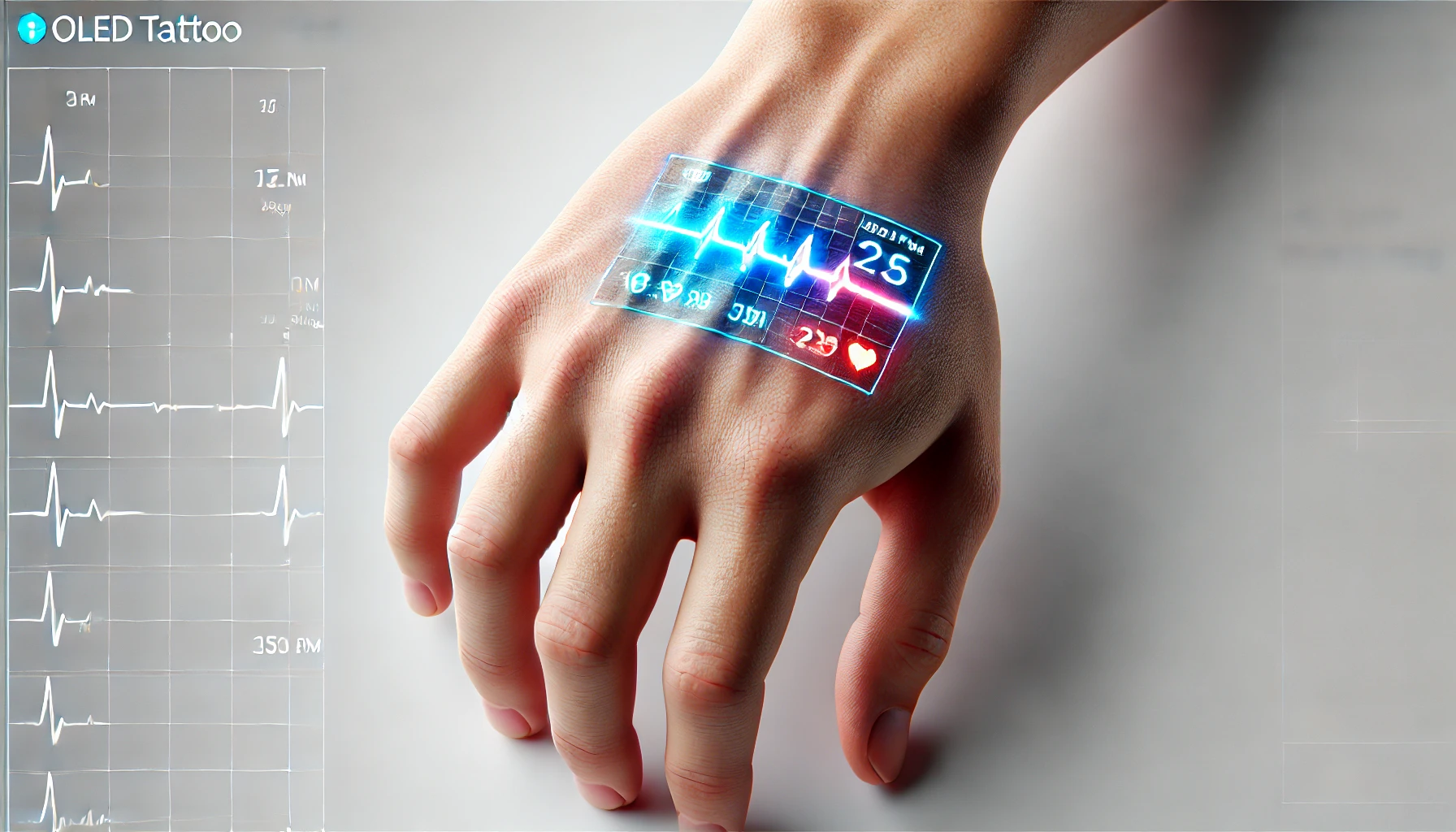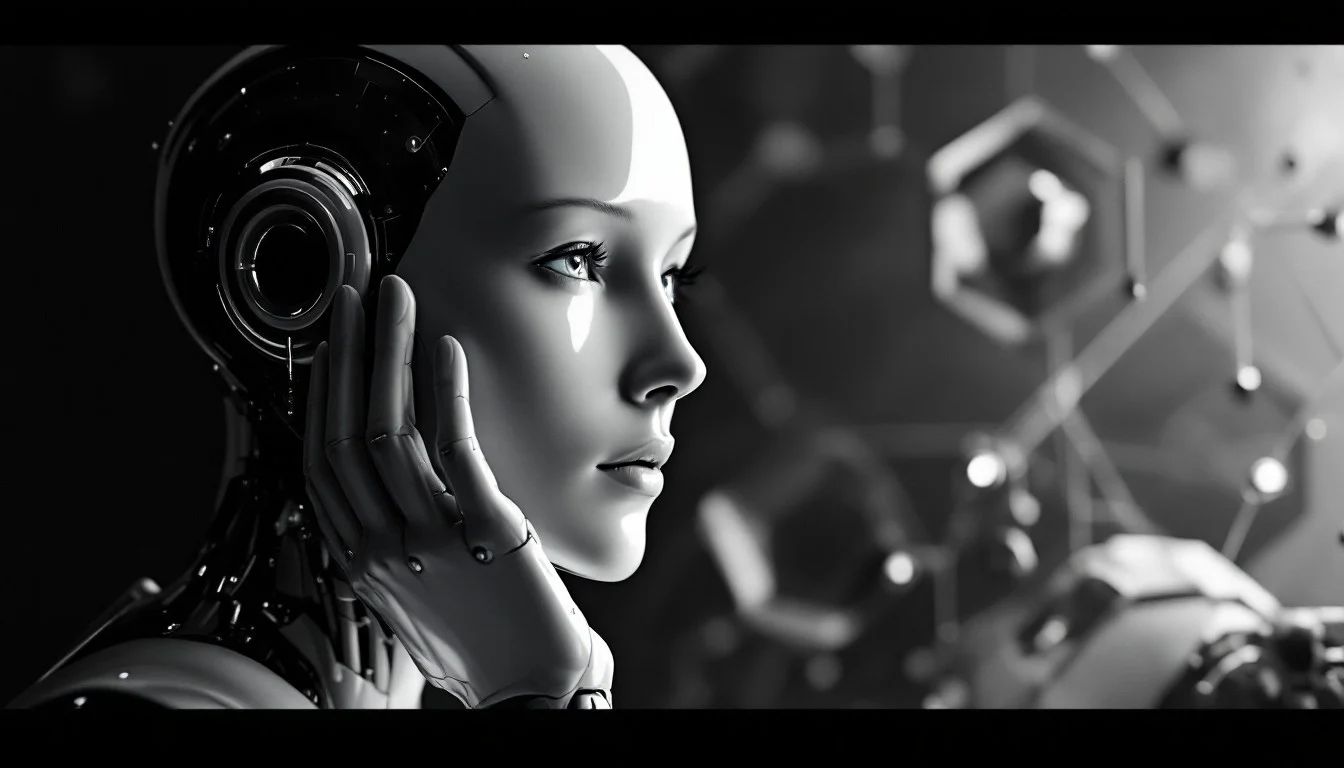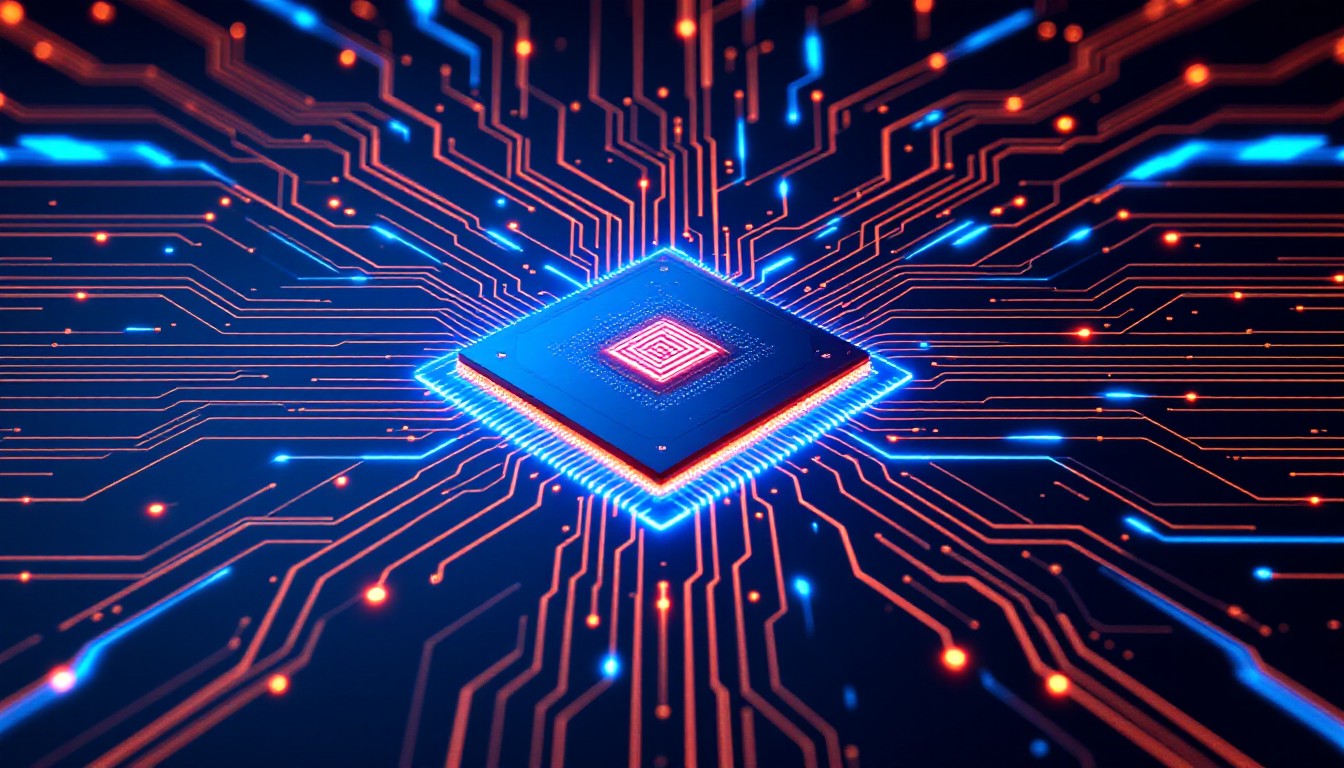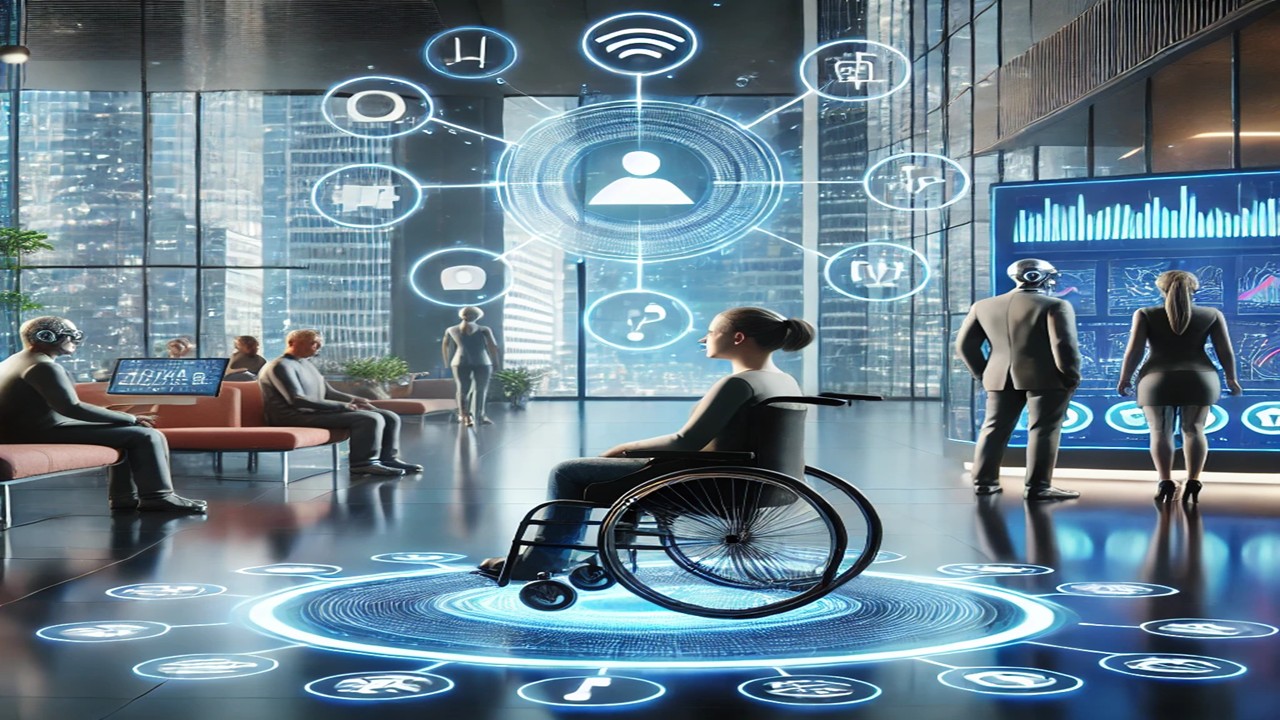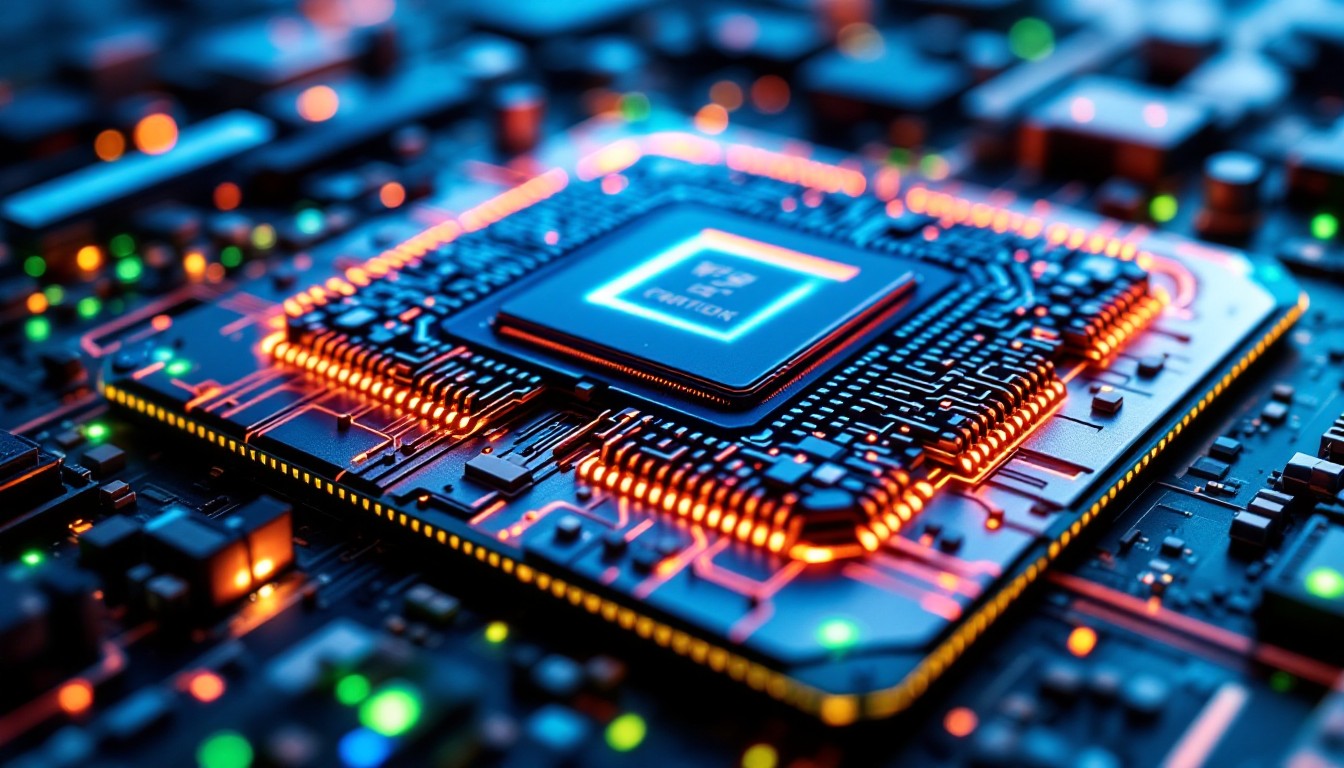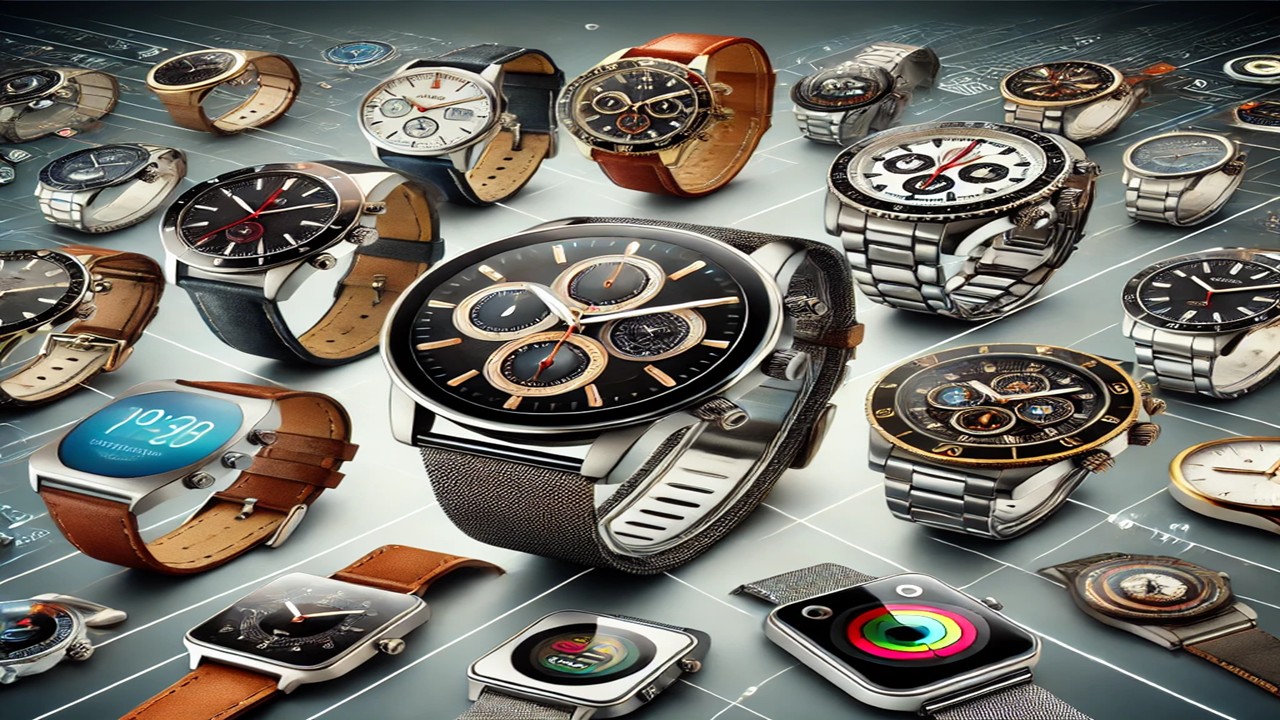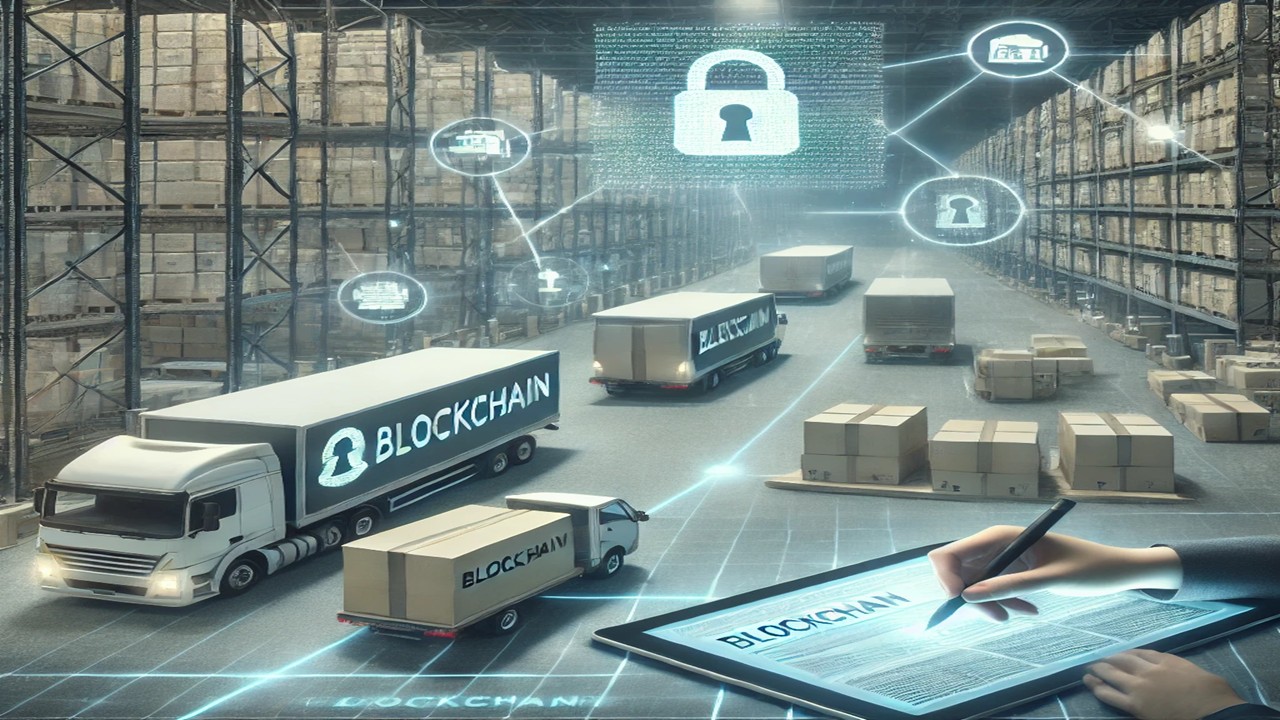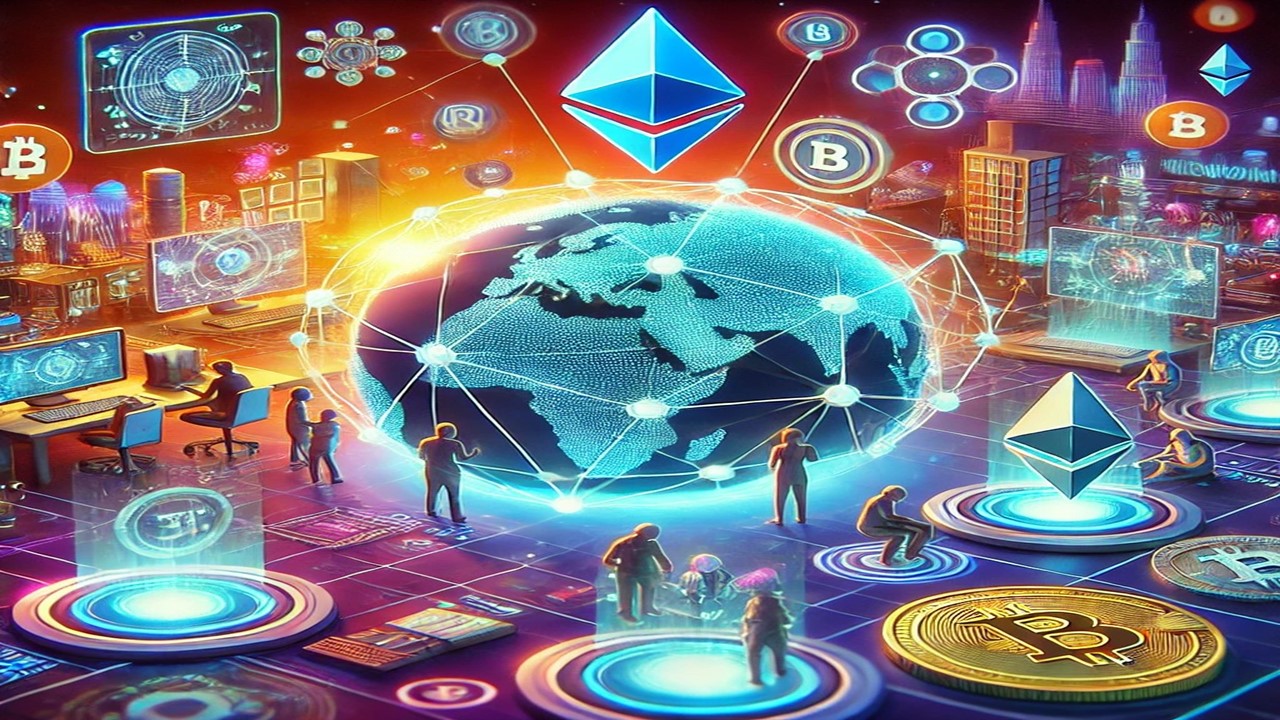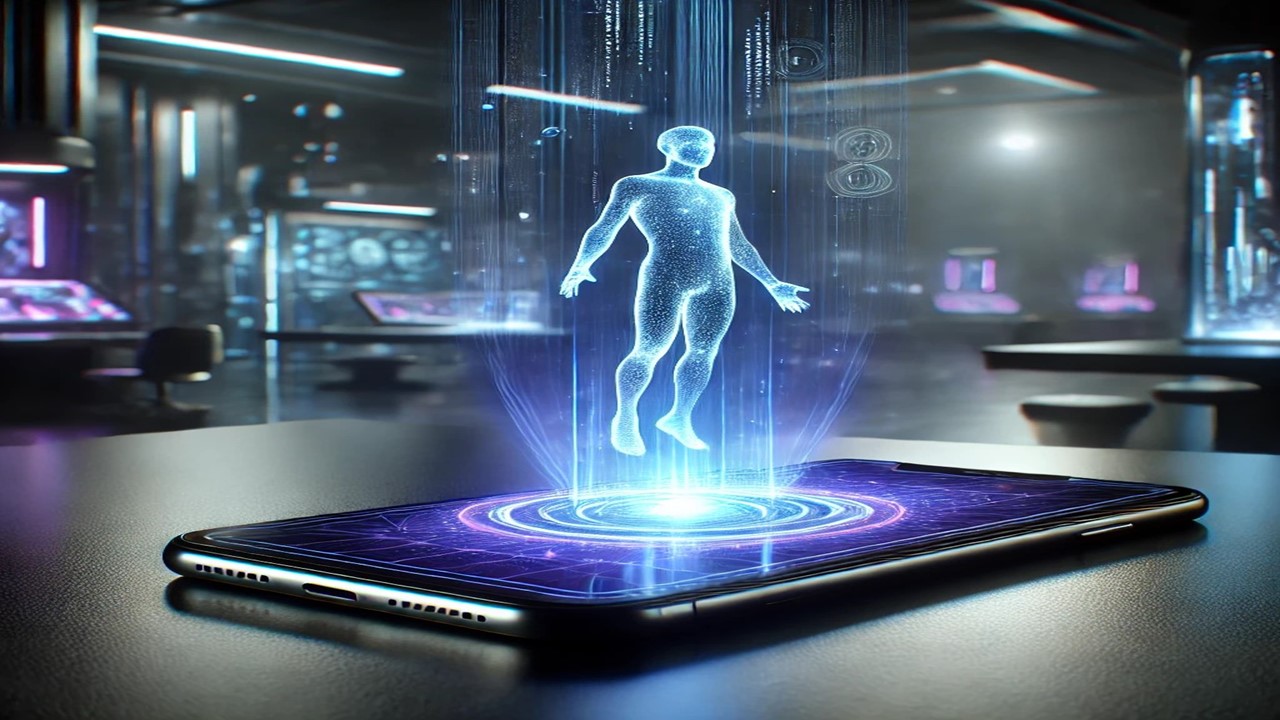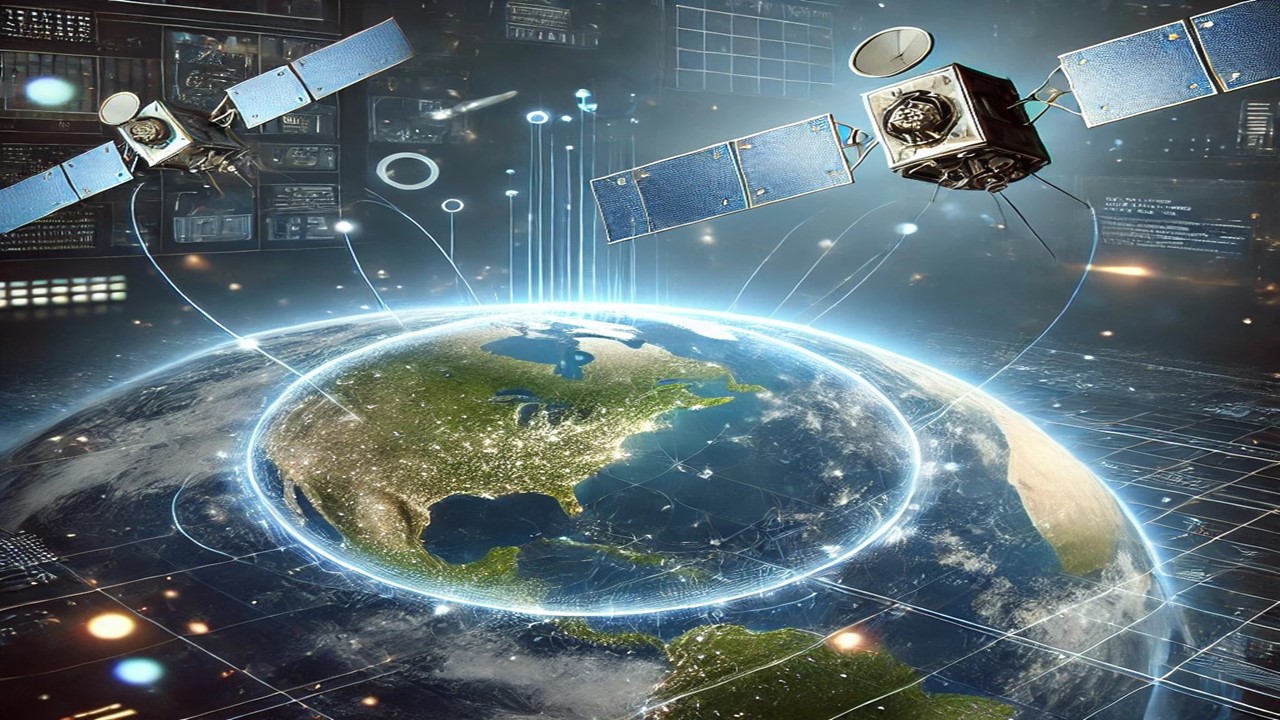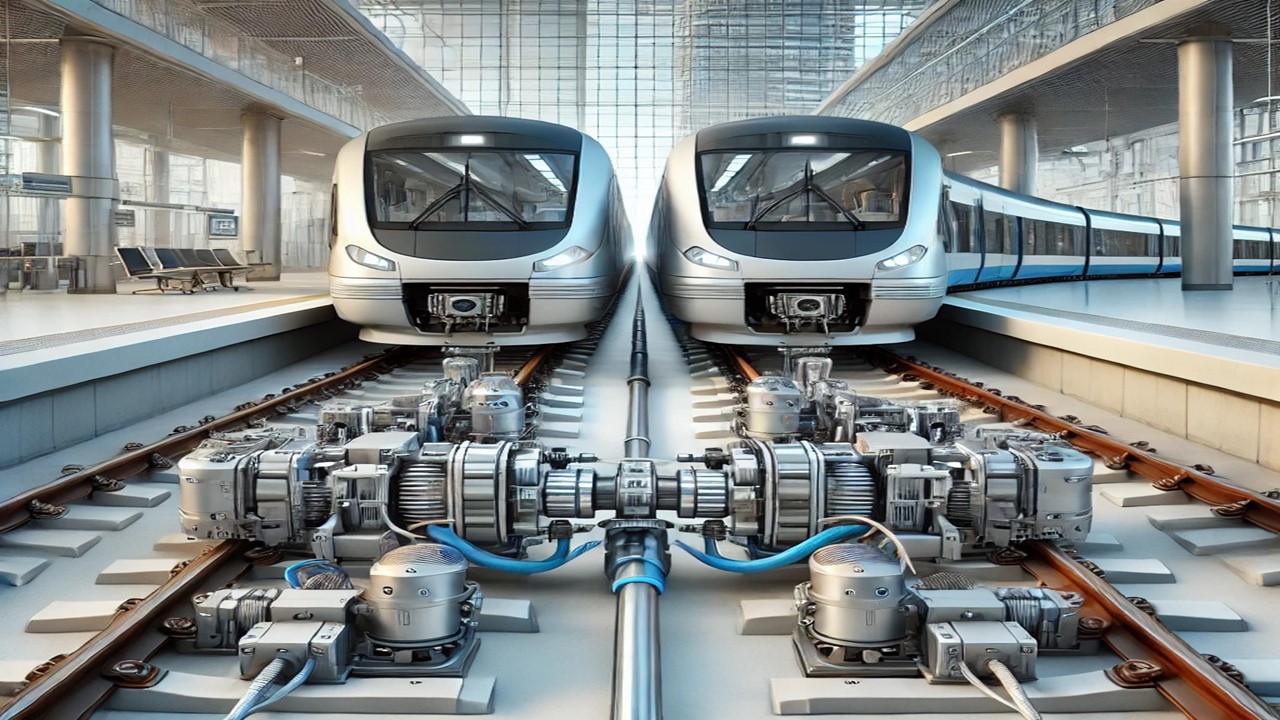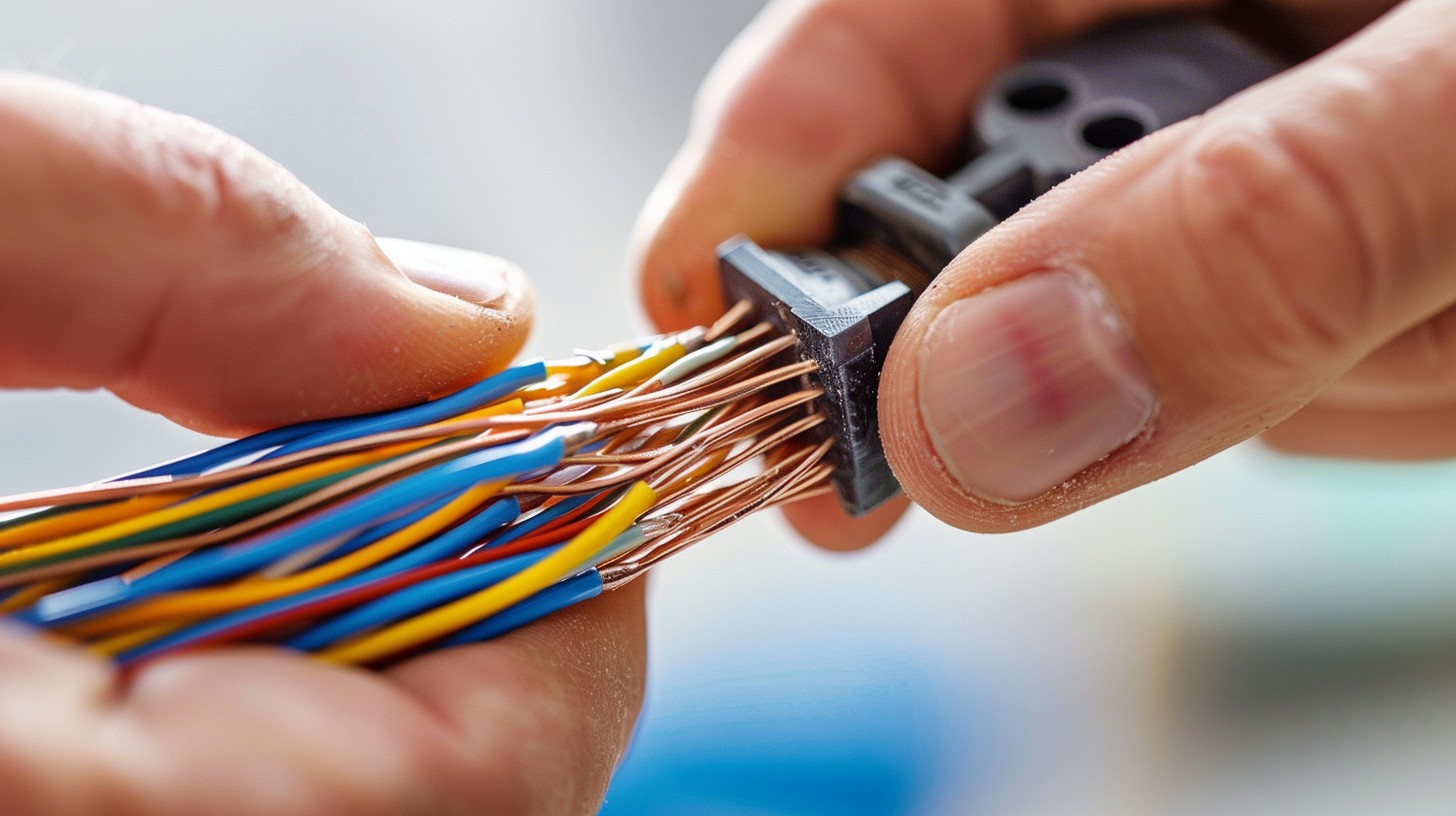
Imagine a world where your car predicts its own maintenance needs, guides you to the fastest and safest route, and even communicates with traffic lights. Does this sound like a scene from a sci-fi movie? It’s not! This is reality, and it’s being made possible by the Internet of Things (IoT).
The Magical Power of IoT
The Internet of Things (IoT) refers to a network of interconnected devices that communicate and exchange data. This technology is transforming the automotive industry in ways we could have only imagined a few years ago.
For decades, vehicles were merely a mode of transportation. However, with IoT, cars are becoming “smart machines”, capable of making driving safer, more energy-efficient, and infinitely more convenient. But how big is this transformation? And what impact will it have on our lives?
The Present and Future Demand
According to reports, by 2030, 70% of vehicles will be IoT-enabled. This massive shift is fueled by the growing adoption of smart city initiatives, environmental concerns, and the rising demand for safety and convenience. IoT addresses all these needs simultaneously.
A study by McKinsey estimates that the global market value of connected cars will reach $600 billion by 2028. This surge in demand shows how essential IoT technology has become for the automotive industry.
How Much Progress Has IoT Made?
While research on IoT began in the 2010s, it has seen rapid development over the past five years. Companies like Tesla, BMW, Mercedes-Benz, and Toyota are at the forefront of integrating IoT into vehicles.
For instance, Tesla’s electric cars utilize IoT not only for autonomous driving but also for real-time software updates, making them smarter with every update. Experts predict that by 2025, IoT technology will become mainstream, transforming vehicles into fully intelligent systems.
The Role of IoT in Revolutionizing the Industry
1. Smart Connectivity
IoT enables vehicles to use V2V (Vehicle-to-Vehicle) and V2I (Vehicle-to-Infrastructure) communication. This real-time data sharing reduces the risk of accidents and improves traffic management.
2. Predictive Maintenance
Imagine your car notifying you in advance about low tire pressure or brake pad wear. IoT sensors continuously monitor performance, saving time and reducing repair costs.
3. Smart Fleet Management
For transportation businesses, IoT is a game-changer. Features like vehicle tracking, fuel management, and route optimization boost efficiency and cut operational costs.
4. Autonomous Driving
IoT plays a critical role in self-driving cars. By combining data from sensors, cameras, and artificial intelligence, vehicles can make real-time decisions for safe navigation without a driver.
5. Enhanced User Experience
IoT has redefined in-car entertainment with features like personalized playlists, voice-controlled navigation, and real-time traffic updates, ensuring a seamless travel experience.
Which Companies Are Leading the Way?
- Tesla: Known for integrating IoT and AI in its electric cars, Tesla leads the way in autonomous driving.
- Waymo (Google): A pioneer in self-driving technology, heavily investing in IoT research.
- BMW: Its connected vehicles exemplify smart IoT integration.
- Bosch: Focuses on IoT solutions like smart sensors and data analytics for automotive applications.
- Hyundai: Developing affordable IoT-enabled smart cars.
What Benefits Will IoT Bring?
- Improved Safety: IoT reduces accidents by enabling real-time communication between vehicles and infrastructure.
- Time Savings: Real-time traffic data optimizes travel routes.
- Fuel Efficiency: Smart route planning and energy-efficient driving lower fuel consumption.
- Reduced Costs: Predictive maintenance minimizes repair expenses.
Challenges: Is IoT Perfect?
- Data Security: Protecting IoT data from cyberattacks is a significant challenge.
- High Costs: Developing and integrating IoT systems into vehicles is expensive.
- Regulatory Barriers: Differences in regulations across countries can hinder adoption.
- Infrastructure Limitations: The lack of smart roads and signals restricts IoT’s full potential.
The Future with IoT: A Glimpse
Imagine it’s 2030. You start your car with just a voice command, it automatically navigates through the fastest route, plays your favorite music, and parks itself upon reaching your destination. IoT won’t just transform vehicles; it will redefine how we interact with them, making our lives safer, more connected, and highly efficient.
IoT is not just enhancing the automotive industry but is also contributing to environmental sustainability and energy efficiency. While challenges like data security and regulatory issues remain, the benefits far outweigh them.

